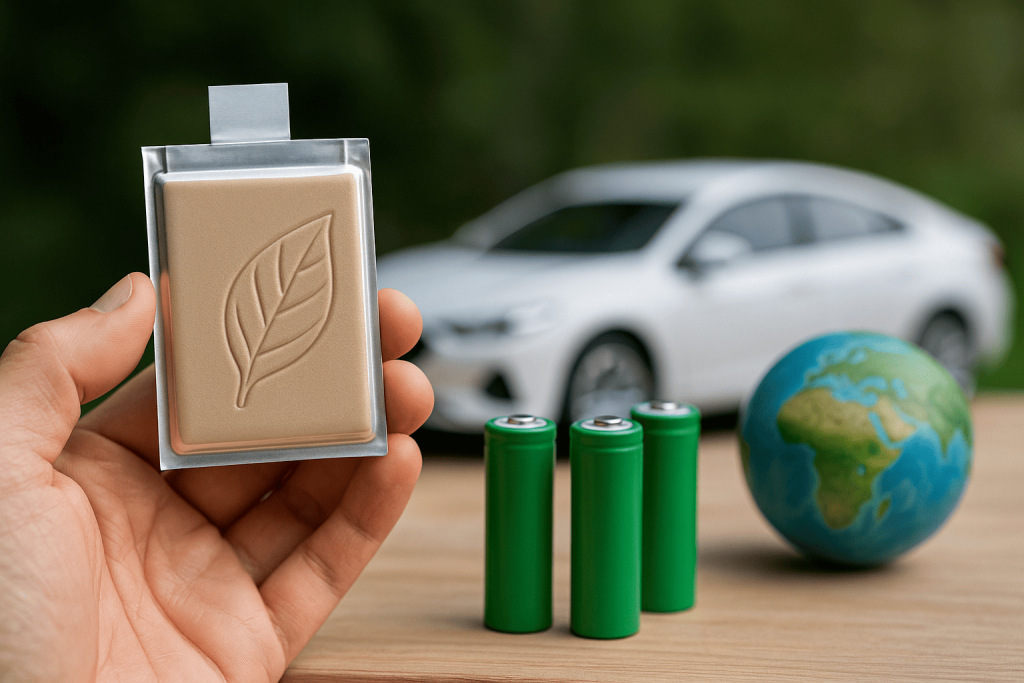Batteries are increasingly present in our daily life, from small electronic devices and smartphones to electric cars. However, the lithium-ion technology powering most of these devices is reaching its limits in terms of performance, safety, or even sustainability. As our society works toward a low-carbon future, the way we store energy needs a substantial change.
Traditional batteries are based on liquid electrolytes, which are flammable and present safety risks. In addition, they use critical raw materials like cobalt, often obtained under unethical and environmentally harmful conditions. The recycling process for these batteries is difficult and costly, meaning that most end up as toxic waste. In fact, the energy solutions of today could become the environmental problems of tomorrow. For all this, current research focuses on developing solid polymer electrolytes (SPEs) that are flexible, plastic-like materials that can replace the liquid parts of a battery. These solid materials are non-flammable and contribute to safer, more sustainable and longer-lasting batteries. Nevertheless, the innovation does not stop there and work with bio-based and recyclable polymers aiming to obtain batteries that are not only high-performing but also sustainable from beginning to end. SPEs are particularly promising for next-generation technologies like solid-state batteries which could power electric vehicles with longer ranges, faster charging times, and reduced risk of overheating or fire. By using materials derived from renewable sources, such as natural resins or biodegradable polymers, the dependency on fossil fuels are also reduced.
This line of research is part of a broader international movement to upgrade battery technologies having sustainability in mind. An increasing number of research centres around the world, such as BCMaterials in the Basque Country, are working in the design, development and implementation of energy storage systems that substantially improve performance, prioritizing safety, circularity, and ethical sourcing. These developments are increasingly supported by public and private initiatives that recognize energy storage as a key point of the green transition. However, transforming the advances in the laboratory into real world solutions requires more than just scientific progress. Collaboration across disciplines and sectors is essential to ensure that these new technologies are scalable, affordable, and accessible to all communities.
These continuous efforts will lead to a circular battery economy where materials are sustainably sourced, efficiently used, and responsibly recovered at the end of life. Solid polymer electrolytes and bio-based components could pave the way for devices that are not only safer and longer-lasting, but also designed considering recycling and environmental concerns. The vision is clear: the development of batteries that power the clean energy transition without generating new ecological burdens, aligning technological advances with good environmental practices. The future of energy depends not just on how we generate power, but also on how we store it, together with the always needed responsible use of energy. Advance materials and approaches will certainly lead the ways to a more sustainable future.



